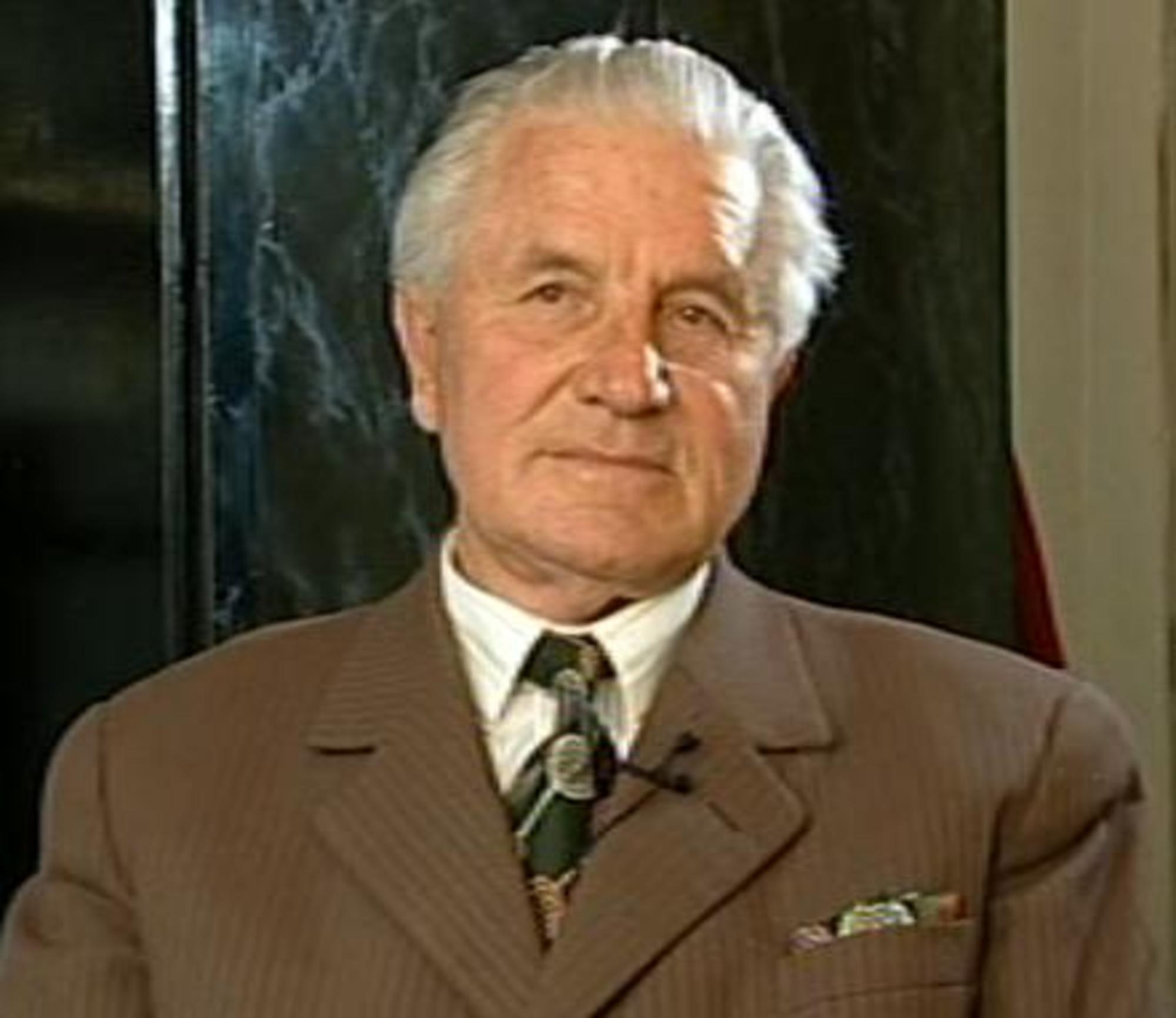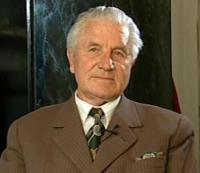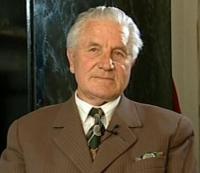I was strong-minded, bold and prepared even for gallows, I don’t know how could I have been so courageous

Stáhnout obrázek
Ján Goč was born on February 15, 1925, in the village Breznica in the family of poor peasants. His parents worked hard to build and keep a huge homestead where Ján had to work since his early childhood. When he was young he didn‘t use to hide his strong resistance to communism and had many conflicts with the state power bodies. After finishing the military service he was forced to work manually. Later he was labelled a „rabble-rouser“; he spent three months in prison and finally, as a political prisoner he was sentenced to forced labour in Nováky mines. On the basis of an indemnity letter he managed to leave mines and start working in botanical garden in Bratislava. Here he gained a lot of practical experiences, which he used later in his professional life. He got over the hard times in prison thanks to the moral certainty and constant support from the side of his cellmate, dean Štefan Varga, who used to emphasize the need of spreading the gospel everywhere. After Ján had been released from the prison, he helped to build botanical garden in Košice and he also got an external degree in chemistry and biology. He worked at Pedagogical Faculty; however, he refused to sign the document about his excommunication, so he was dismissed from his work. Although he was an expert with a lot of skills and they offered him various positions, he had worked as an ordinary teacher for decades, because all the employment opportunities were conditioned by joining the Communist Party. At present Ján Goč often attends various forums at schools.

